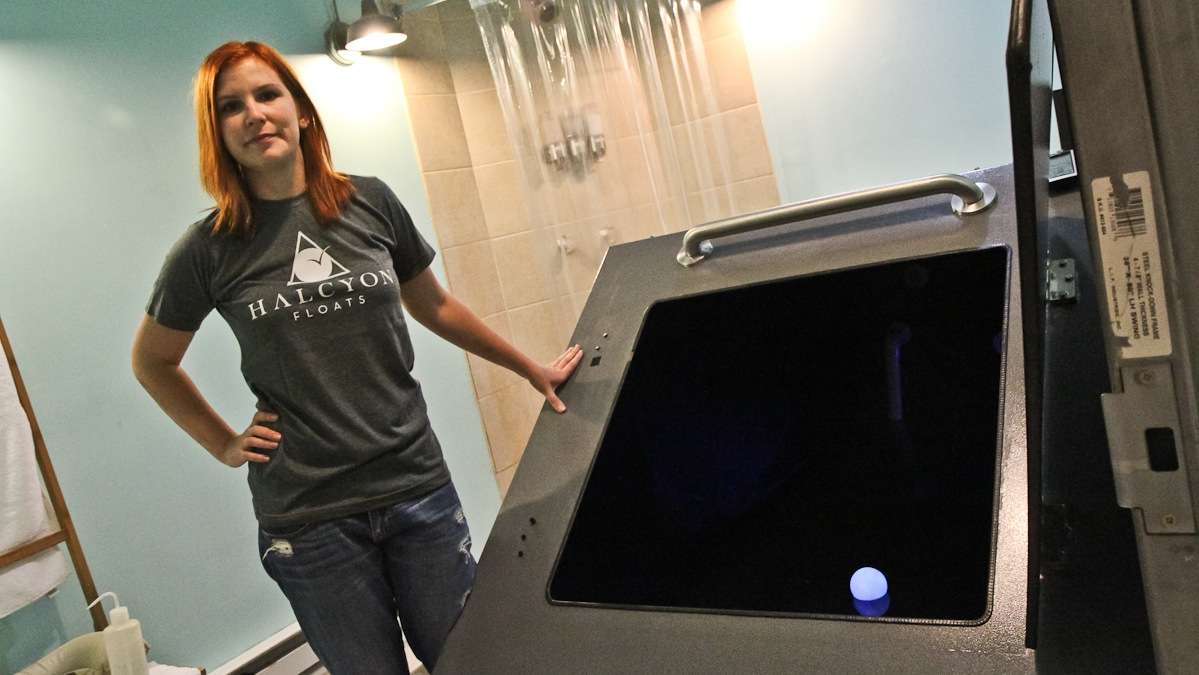Study: Devices could short-circuit ability to read facial emotions
Children who spend a lot of time socializing on their smart phones seem to be damaging their ability to accurately read facial expressions, a new study says.
Why say anything in person, if you can just type quick messages into your smart phone? In the year 2014, that seems to be the guiding communication principle of adolescence, as many exasperated parents can attest to.
But — is this way of “talking” hurting kids’ social skills?
A new study examines kids’ ability to read emotions and found that those skills improved significantly after just five days without as much as glancing at a screen.
Researchers at UCLA enrolled over 100 6th graders from the same school in this study. Half of them participated in a camp where no screens were allowed. The other half had no restriction on their use of phones, video games and TV. Before the start of camp, all kids looked at pictures of faces and were asked to define the emotions displayed in the photos. They also looked at videos where actors portrayed things that might happen in the kids’ lives – such as being excluded, or being anxious. Again, the study participants had to identify emotions.
After half of the kids completed the camp, the whole group was tested again. “The kids who went to the camp got significantly better at recongizing emotion in the photos, and even better in the videos. They improved, while the other kids did not, they stayed about the same,” said lead author Yalda Uhls, a senior researcher with the UCLA’s Children’s Digital Media Center in Los Angeles.
“If you are looking at screens most of the time, there is a chance that you will be learning less about the social world than somebody who is looking at people and faces all of the time,” she said.
Uhls says the kids at the screen-free camp spent a lot of time talking to each other, picking up non-verbal cues, and that practice made a clear difference, even just after five days.
Uhls is a former entertainment executive, a self-proclaimed “digital person,” and says the study’s findings do not mean devices and media is bad.
“My takeaway is not to take media out of people’s lives,” she said. “My takeaway is that it is very important to have balance, to build in time as a family where you don’t have media, device free time.”
She says it’s very important to take a break from screens, and parents should model this behavior for their children. “Spend time interacting face to face, especially when kids are young and they are learning these skills.”
She says the good news is that kids were adapting to change quickly, and they improved their skills. “It’s natural to see these results and to think that screens are not helpful. I disagree, I think they are helpful. The good news is, you take a break, and your brains adapt.”
WHYY is your source for fact-based, in-depth journalism and information. As a nonprofit organization, we rely on financial support from readers like you. Please give today.






